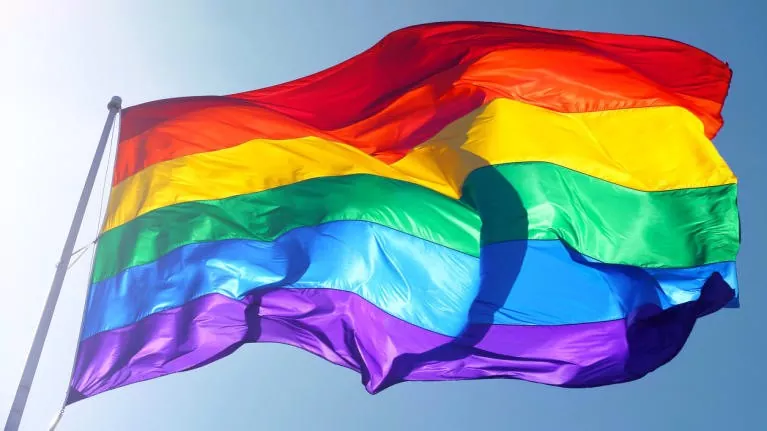Although homosexuality was decriminalized in India two years ago, the majority of Indian businesses are still taking the initial steps toward gender diversity. Organizations cannot discriminate against employees based on gender identity or sexual orientation, according to a 2020 Supreme Court decision. At both large and small Indian businesses, the representation of LGBTQ+ workers are still notably low.
On the one hand, the reality is that the queer community faces daily struggles with identity, basic rights, and bodily safety; on the other hand, we envision queer community members holding aspirational positions in organizations.
We do our best work when we can bring our whole selves to work, regardless of how we identify. We shouldn’t have to divide or dim our light. However, finding the right work environment where we feel accepted and our contributions are valued is difficult.
Read More: LGBTQIA+ community in India gets new matchmaking app by Matrimony.com, RainbowLuv
How can companies help bridge this gap in a holistic way?
We spend approximately half of our day, if not more, at work, so our co-workers are the people we meet and see the most during the week, and some of them become part of our work family. However, not every workplace is as diverse as we would like it to be. Diversity and inclusivity in the workplace have numerous advantages for both employers and their employees. Creating a diverse workplace is not a passing fad; it provides tangible and direct benefits while lowering employee turnover.
There isn’t enough research in India, but research from other parts of the world shows that companies that demonstrate inclusivity and create enabling environments outperform every metric – economic performance, innovation, talent, attraction, retention – everything.
Despite recent developments in LGBTQ+ rights in many countries, most countries still do not provide legal protection for LGBTQ+ employees.

Read More: A History of Queer Fashion: Out of the Closet and Into Our Hearts!
This checklist will assist you in determining whether a workplace is truly LGBTQ+ friendly.
- Hiring Procedures
Inclusion begins with the hiring process!
Companies that require job applicants to mark F or M on the application form communicate to trans, no binary, and gender nonconforming applicants that they must literally fit a box in order to be hired.
Trans employees may face additional challenges during the application process, particularly if they use a name that differs from their legal I.D. You may be unsure how to proceed with the application, or you may be concerned about listing references who know you by a different name.
It is generally acceptable to use your chosen name in the cover letter, resume, and paperwork during the application process. If neo pronouns are an important part of your identity, include them in your email signature or on your resume.
- Gender-Neutral Washrooms
Everyone’s gotta go and everyone should feel at ease using the bathroom that corresponds to their identity. Gender-neutral restrooms send a strong message that an organization is committed to making all employees feel welcome.
- Inclusive Dress Code
In order to be inclusive, workplaces must understand how an employee’s gender identity, race, culture, and other aspects of identity influence their aesthetic choices. Employees who do not feel comfortable prescribing gender norms frequently feel compelled to dress the part. Employees may be penalized if their supervisors believe their choice of clothing, accessories, makeup, or hairstyle is not appropriate.
Gender normativity, racial bias, and sexism are all reinforced by traditional ideas of business professional attire. For queer people, they can be oppressive or depressing.
- Workplace Benefits for LGBTQ+ people
However, there are some businesses in India that actively promote their desire for a gender-diverse workplace and make affirmative hiring decisions. Making certain that the wording of benefits such as health insurance or life insurance never excludes same-sex partners and provides support for transgender people’s medical needs.
Accenture was the first company to provide medical coverage for gender reassignment surgery in 2016. The company is sensitizing leaders and recruiting more allies for LGBTQ+ employees. Infosys, another IT services firm, has hired LGBTQ+ employees in a variety of roles and hierarchies, including software engineers, project managers, and design and communication experts. The employee resource group (ERG) implemented gender-neutral restrooms across their India campuses and developed awareness-raising materials.
Many organizations are still hesitant to hire a transgender person as a leader or manager. As there is a long way to go, true change will not occur unless companies bring people from the community into the workforce at various levels and have them work alongside other employees on a daily basis.
Read More: Pride of the Past- The history of Pride in India
5.Online Research
Social media is frequently a goldmine. By searching for the same terms, you’ll be able to tell if a company cares about the community in June versus all year.
Look for queer-friendly terms on the website or company blog, such as LGBTQ+, queer, trans, and Pride. Facebook and Twitter both have advanced search features that can assist you in determining a company’s level of ally ship. Instagram is more difficult to search, but you can look through the company’s stories for LGBTQ+ themes or scroll through content for images or quote cards that are gay-friendly.
6.Collaborations with Experts
Even if organizations have good intentions and consider themselves as ally, they may not be knowledgeable enough about the LGBTQ+ community to design programmes and policies on their own.
If you are not able to design programs and policies on your own. There are numerous LGBTQ+ professional organizations like Fifty Shades of Gay (FSOG) that can provide resources such as training, advice, policy development assistance, and more.

Organizations can only claim to be truly inclusive when everyone, from business leaders to cafeteria workers, are sensitised; only when supportive infrastructure, such as comprehensive health benefits and all-gender restrooms, is put in place to help queer people feel safe and be themselves.
The ideal job for you is one in which you can fully express yourself. As the LGBTQ+ community becomes more visible in corporate India, many companies recognize the importance of challenging outdated beliefs, providing open and safe work environments, and providing more opportunities for LGBTQ+ professionals.



